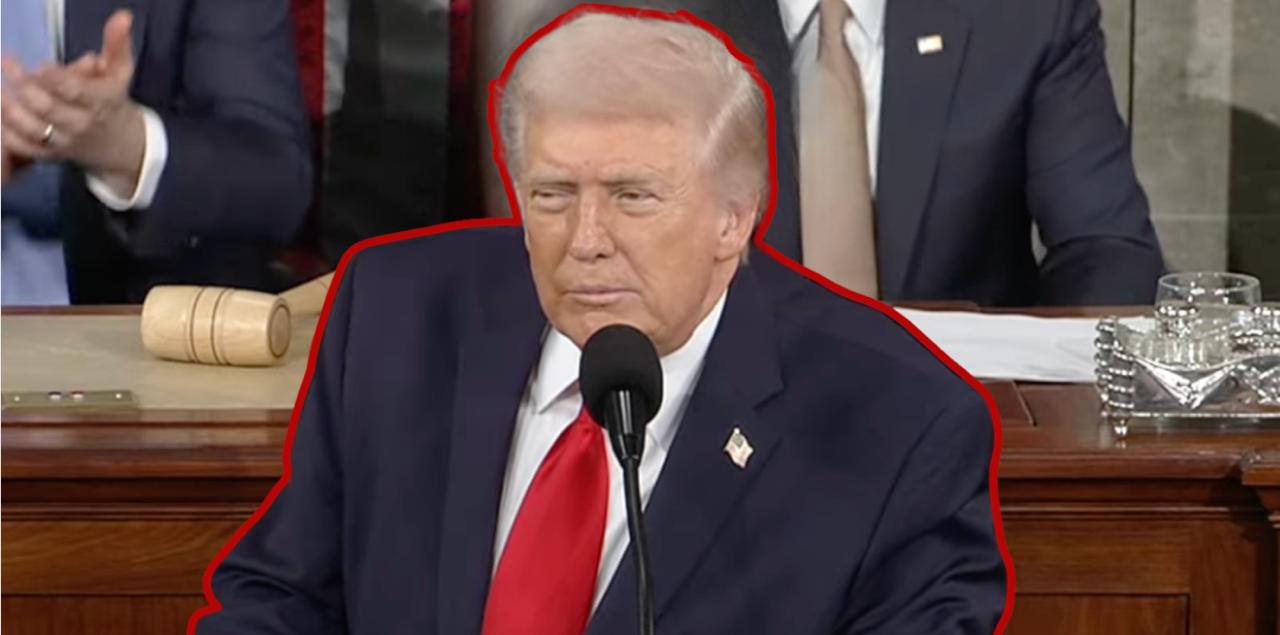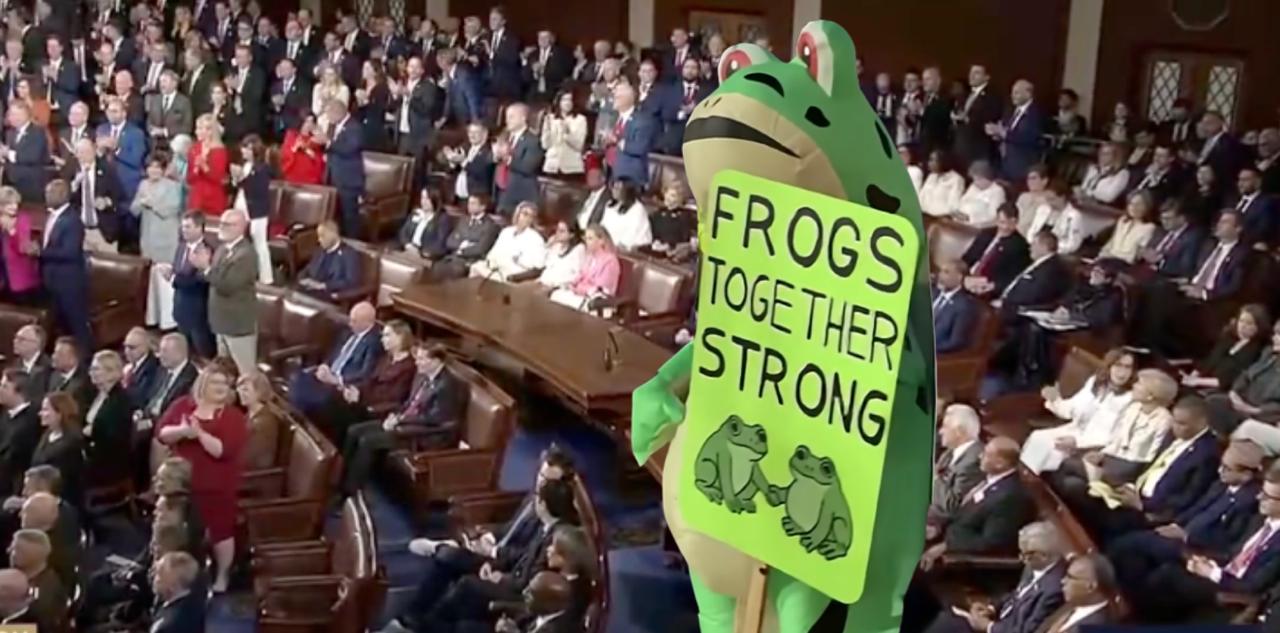The presence of Argentine President Javier Milei at Donald Trump's second inauguration marks a turning point in U.S.-Argentina relations. Traditionally, foreign heads of state do not attend U.S. presidential inaugurations, making Milei’s visit an unmistakable signal of deepening ties. His decision to break with precedent suggests a new era of cooperation, one built on shared ideological leanings and a vision for reshaping both nations’ political and economic landscapes.
Milei, a self-proclaimed "anarcho-capitalist" who has drawn heavily from Trump's political playbook, has wasted no time in tackling Argentina’s economic turmoil. Since taking office, he has vowed to slash government spending, cut taxes, and dismantle state bureaucracy. His most radical proposal—abolishing Argentina’s Central Bank—aims to rein in hyperinflation, which soared past 140% last year. In his inaugural address, he made his intentions clear: "No government has received a worse inheritance than the one we are receiving... There will be a fiscal adjustment of 5 points of GDP that will fall on the public sector."
These reforms are likely to shape discussions between Milei and Trump. During his first term, Trump favored bilateral trade deals over multilateral agreements, but with Trump’s sweeping demand for new tariffs in his inaugural speech, will Argentina get a pass? The prospect of a free trade agreement emerged when Milei hinted at the commercial benefits of a close partnership: "The elected [Trump] government feels much more comfortable working with me than with other governments, and that has commercial and financial implications." Such a deal could unlock significant opportunities, expanding Argentina’s agricultural exports—particularly soybeans and beef—while giving U.S. businesses greater access to a key Latin American market. If the United States doesn’t manage to acquire Greenland, then a friendly relationship with Argentina, which has the world’s third largest lithium reserves, would be beneficial.
Security cooperation is another potential pillar of this relationship. Both leaders have positioned themselves as hardliners on crime and illegal immigration. Trump’s "Make America Great Again" rhetoric resonates with Milei’s promises of strict security measures, a connection Trump himself acknowledged: "The job you've done is incredible. Make Argentina Great Again, you know, MAGA. He's a MAGA person." This ideological overlap could lead to joint initiatives targeting drug trafficking and border security, further strengthening diplomatic ties. Trump has already announced war on the drug cartels. Milei may prove to be a key ally in this fight.
Beyond policy, their personal admiration for one another reinforces this alliance. Milei, who has called himself Trump’s "favorite president," openly celebrated Trump’s victory, writing, "Congratulations on your formidable electoral victory. Now, make America great again. You know you can count on Argentina to carry out your task." Their shared worldview could pave the way for broader collaboration on conservative policy goals, from education reforms promoting school choice to rolling back progressive regulations they view as overreach. Despite attempts to drive a wedge between the two men on their differences of policy, both Milei and Trump defy convention and continue to draw closer in terms of respect.
The potential economic benefits are hard to ignore. Stronger U.S.-Argentina ties could bolster Argentina’s efforts to restructure its massive debt, particularly with the International Monetary Fund. Milei hopes his relationship with Trump will lead to favorable negotiations, securing financial relief that could stabilize Argentina’s struggling economy. Since taking office, Javier Milei has made significant strides in reshaping Argentina's economic landscape. Among his early victories, Milei achieved a budget surplus, marking the first time in over a century that Argentina managed to balance its books, showcasing his commitment to fiscal discipline. Inflation, which was one of the highest in the world when he took office, at 211%, has seen a notable decline, dropping to 193% by October 2024. Additionally, Milei has implemented sweeping deregulatory measures, reducing the number of government ministries and public employment, which contributed to a 30% decrease in public spending within his first few months in office. His administration also managed to push through a bill of economic adjustments, signaling a start to long-term structural reforms despite facing considerable resistance in Congress. If Trump needs a guide of how to fix a damaged economy, Milei is providing a beautiful real-world case study.
The Trump-Milei connection represents more than just a diplomatic realignment. It signals the rise of a new ideological partnership. Milei’s victories have bolstered the hopes of a flagging international liberty movement which has been struggling since a 2016 post Tea Party collapse. Trump’s MAGA movement has strong overlap with Milei’s libertarian ideas, despite also having some of its strongest detractors and opposition.
The fascinating phenomenon of Trump and Milei will be a case study of whether the tenuous relationship between libertarians and populists can result in real, tangible results. Whether it delivers on its promises or tears itself apart over internal strife, their relationship, and ties between our two nations, will be a major story in the coming administration.
Milei, a self-proclaimed "anarcho-capitalist" who has drawn heavily from Trump's political playbook, has wasted no time in tackling Argentina’s economic turmoil. Since taking office, he has vowed to slash government spending, cut taxes, and dismantle state bureaucracy. His most radical proposal—abolishing Argentina’s Central Bank—aims to rein in hyperinflation, which soared past 140% last year. In his inaugural address, he made his intentions clear: "No government has received a worse inheritance than the one we are receiving... There will be a fiscal adjustment of 5 points of GDP that will fall on the public sector."
These reforms are likely to shape discussions between Milei and Trump. During his first term, Trump favored bilateral trade deals over multilateral agreements, but with Trump’s sweeping demand for new tariffs in his inaugural speech, will Argentina get a pass? The prospect of a free trade agreement emerged when Milei hinted at the commercial benefits of a close partnership: "The elected [Trump] government feels much more comfortable working with me than with other governments, and that has commercial and financial implications." Such a deal could unlock significant opportunities, expanding Argentina’s agricultural exports—particularly soybeans and beef—while giving U.S. businesses greater access to a key Latin American market. If the United States doesn’t manage to acquire Greenland, then a friendly relationship with Argentina, which has the world’s third largest lithium reserves, would be beneficial.
Security cooperation is another potential pillar of this relationship. Both leaders have positioned themselves as hardliners on crime and illegal immigration. Trump’s "Make America Great Again" rhetoric resonates with Milei’s promises of strict security measures, a connection Trump himself acknowledged: "The job you've done is incredible. Make Argentina Great Again, you know, MAGA. He's a MAGA person." This ideological overlap could lead to joint initiatives targeting drug trafficking and border security, further strengthening diplomatic ties. Trump has already announced war on the drug cartels. Milei may prove to be a key ally in this fight.
Beyond policy, their personal admiration for one another reinforces this alliance. Milei, who has called himself Trump’s "favorite president," openly celebrated Trump’s victory, writing, "Congratulations on your formidable electoral victory. Now, make America great again. You know you can count on Argentina to carry out your task." Their shared worldview could pave the way for broader collaboration on conservative policy goals, from education reforms promoting school choice to rolling back progressive regulations they view as overreach. Despite attempts to drive a wedge between the two men on their differences of policy, both Milei and Trump defy convention and continue to draw closer in terms of respect.
The potential economic benefits are hard to ignore. Stronger U.S.-Argentina ties could bolster Argentina’s efforts to restructure its massive debt, particularly with the International Monetary Fund. Milei hopes his relationship with Trump will lead to favorable negotiations, securing financial relief that could stabilize Argentina’s struggling economy. Since taking office, Javier Milei has made significant strides in reshaping Argentina's economic landscape. Among his early victories, Milei achieved a budget surplus, marking the first time in over a century that Argentina managed to balance its books, showcasing his commitment to fiscal discipline. Inflation, which was one of the highest in the world when he took office, at 211%, has seen a notable decline, dropping to 193% by October 2024. Additionally, Milei has implemented sweeping deregulatory measures, reducing the number of government ministries and public employment, which contributed to a 30% decrease in public spending within his first few months in office. His administration also managed to push through a bill of economic adjustments, signaling a start to long-term structural reforms despite facing considerable resistance in Congress. If Trump needs a guide of how to fix a damaged economy, Milei is providing a beautiful real-world case study.
The Trump-Milei connection represents more than just a diplomatic realignment. It signals the rise of a new ideological partnership. Milei’s victories have bolstered the hopes of a flagging international liberty movement which has been struggling since a 2016 post Tea Party collapse. Trump’s MAGA movement has strong overlap with Milei’s libertarian ideas, despite also having some of its strongest detractors and opposition.
The fascinating phenomenon of Trump and Milei will be a case study of whether the tenuous relationship between libertarians and populists can result in real, tangible results. Whether it delivers on its promises or tears itself apart over internal strife, their relationship, and ties between our two nations, will be a major story in the coming administration.





